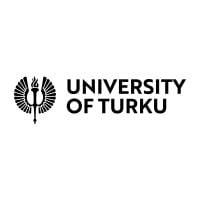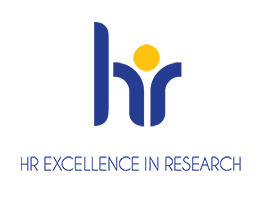Two Postdoctoral Researchers at the Faculty of Medicine to Study the Initiation and Modulation of Immune Responses
Position Details (Postdoc)
The immunology research group “Leukocyte Traffic and the Immune Response”, led by Professor Marko Salmi, invites applications for two fixed-term postdoctoral researcher positions at the Faculty of Medicine, University of Turku. The positions are funded by the Research Council of Finland and the Jane and Aatos Erkko Foundation.
Our group focuses on understanding how protective and pathogenic innate and adaptive immune responses are initiated during inflammation, cancer, and vaccination (Salmilab). Key areas of interest include the trafficking of antigens from peripheral tissues to lymph nodes via lymphatic vessels, the role of lymph node stromal cells in immune responses, myeloid leukocyte differentiation and function, and immunological biomarkers of inflammation and cancer. We employ advanced microscopy-based imaging, flow cytometry, single-cell omics, and functional immunological assays in experimental models, complemented by analyses of patient samples and close collaboration with clinicians. Our group operates within the MediCity Research Laboratory at the Faculty of Medicine, University of Turku, and belongs to the InFLAMES Flagship of the Research Council of Finland, a national initiative advancing translational immunological research.
Job description
We are looking for two motivated postdoctoral researchers to study the initiation of immune responses in lymphoid tissues and their targeted pharmacological modulation.
In one project, we investigate how free antigens in lymph enter the lymph node parenchyma and influence stromal cells during different phases of immune response. In the other project, our goal is to develop new strategies to deliver antibody-based immunoregulatory drugs specifically to lymph nodes in cancer and inflammatory diseases.
Both projects aim to uncover cellular and molecular mechanisms underlying lymph node function.
- The successful candidates will conduct laboratory experiments (including in vivo models), analyze samples using imaging and omics technologies, develop new experimental methods, and prepare scientific publications. There are also opportunities to develop independent projects, supervise PhD students, and participate in teaching, supporting career advancement beyond the postdoctoral stage.
Most work will be conducted on-site at the University of Turku campus. Employment will be with the University of Turku.



 University of Turku
University of Turku 